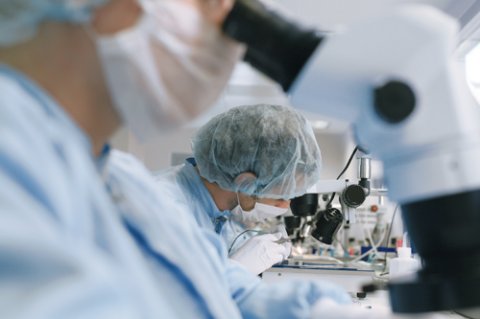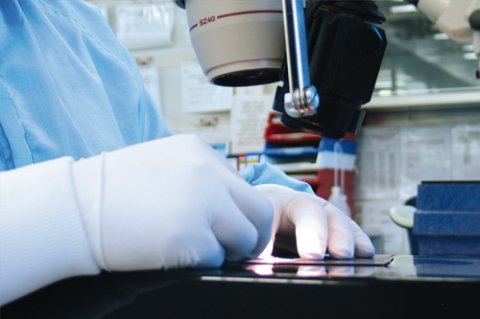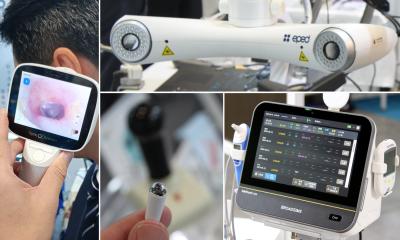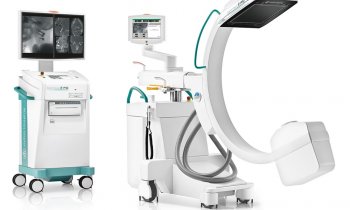News • Medical device regulation
First hearing implant manufacturer to receive MDR certification
Austria-based cochlear and hearing implants technology company Med-El has become one of the first manufacturers worldwide, and the first and only hearing implant manufacturer in the world, to be granted European Medical Device Regulation (MDR) certification.
The company made an initial announcement on the newly earned certification after making an early commitment to adopt the MDR in 2016. For the last three years, it has worked to transition its devices and quality management system to meet the MDR’s new quality requirements.

Image source: Med-El Medical Electronics
Following a lengthy process to earn the new MDR certification, an internal cross-functional MDR team was established. Guided by senior management and led by Regulatory Affairs, the project team was divided into key topics, allowing groups of specialist subject matter experts to zero in on details over many months, tasked with performing an analysis of the implications that MDR compliance would have on Med-El’s products and processes. All of these efforts results in the successful completion of the MDR audit last year.
Following successful conformity assessment to the new MDR, including an audit of the Quality Management System, Med-El is also one of the world’s first manufacturers to receive certification for a number of product categories, including medical devices of the highest risk class (Class III), Class III Implantable Custom-Made Devices, and Class I reusable surgical instruments. Under the MDR, all devices fall into four basic categories (invasive, non-invasive, active and special rules) and are then further segmented into classes. Class III devices (the MDR includes active implantable medical devices) are the highest risk category.

Image source: Med-El Medical Electronics
The EU MDR is scheduled to come into effect in EU Member States from 26th May 2020 and will apply to all manufacturers selling medical devices within Europe. It aims to provide greater protection of public health and safety by setting out far more stringent requirements and obligations. Although there are widespread concerns that failure to meet the deadline for compliance might impact the availability and safety of medical devices in the European Union, Med-El’s certification is positive news for ENT professionals and patients.
With the MDR certification now in place, Med-El is best placed to make effective use of the so-called MDR “grace period” to transition all its current devices to MDR before 2024, and to ensure continued uninterrupted access to its life-changing technologies. Med-El’s Corporate Director for Regulatory Affairs, Elizabeth Gfoeller commented; “MDR certification is essential to our business and it took an incredible collective effort to ensure that we are compliant so far in advance of the 26th May deadline. We committed to becoming an early MDR adopter back in 2016, in order to maintain our leadership in Europe. With MDR certification in place, we can now continue our mission to put an end to hearing loss and provide patients and practitioners with leading-edge solutions that meet these new stringent standards.”
Source: Med-El Medical Electronics
05.06.2020






